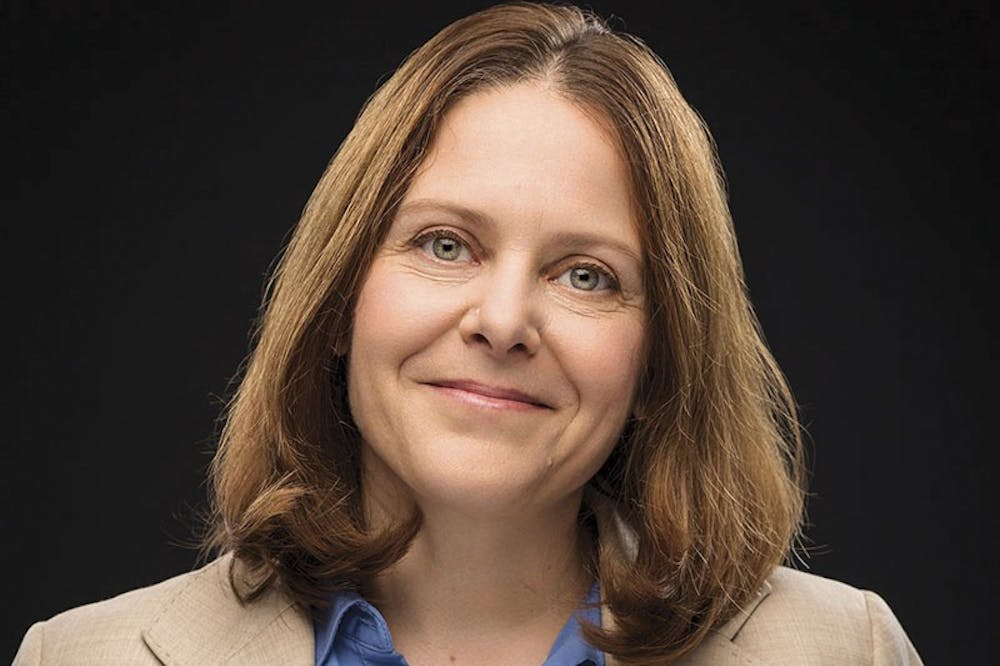Safe spaces, trigger warnings, hate speech — broaching these topics can cause prompt strong reactions on college campuses. Free speech is an increasingly contentious topic at universities across the country, including Penn.
Graduate School of Education professor Sigal Ben-Porath recently published "Free Speech on Campus," a book that examines open expression — both in and out of the college classroom — and how to maintain a balance between the free exchange of ideas and respecting the dignity of speakers.
“Campuses need to make clear their commitment to the types of free speech that are advancing their goals. Campuses have to insist on a commitment to hearing a diverse set of views that are in line with our mission of advancing and disseminating knowledge,” Ben-Porath said in an interview with The Daily Pennsylvanian.
Ben-Porath serves as the chair of the Committee on Open Expression, a group of Penn-affiliated students, faculty and staff that works to improve communication and protect open expression at Penn. She said she wrote the book in the hope of helping students and faculty navigate this difficult discussion.
Ben-Porath said that students' exposure to new and different ideas that they might not agree with is an important part of the college experience, adding that hate speech is protected under the first amendment. Ben-Porath also said that the discussion of free speech on campus should focus more on the classroom — where the University can set its own guidelines — and less on the public debate and the rights of public speakers on campus.
“People portray inaccurately [free speech on campus] as part of the general conversation about rights to protest or about how we discuss controversial topics," she said. "I think that the campus free speech discussion is distinct from these."
Ben-Porath argues that students should be treated with dignity in the classroom and that students who feel as though they are being harassed have the right to take action. She suggested that an appropriate response might be to initiate a conversation with the professor about the behavior, and when necessary, to speak with an advisor or other administrative departments.
At Penn, students disagree on their opinions of free speech, though many agree that the conversation around the topic is difficult to navigate.
RELATED:
Legal experts debate the state of free speech in America at Penn Law event
UC Berkeley paid over $800 thousand to prepare for "Free Speech Week." Then it was canceled.
Wharton sophomore Dylan Milligan, who is the political director of Penn Democrats, said he agrees with Ben-Porath in that a diversity of opinions is healthy, but Milligan believes that hate speech in any context is destructive.
“Tolerance of intolerance is not sustainable. If you have hate speech on campus or hate speech in any sort of format, to tolerate that is undermining our democratic society,” Milligan said.
College and Wharton sophomore Michael Moroz, a member of Penn College Republicans, said that while discrimination in the classroom should not be acceptable, censorship on campus is extremely problematic and ought not be practiced.
Penn has not been immune to the controversy over free speech. In April 2016, a discussion on campus with former CIA Director John Brennan was shut down after 15 minutes because of protestors chanting phrases like "drones kill kids” and “U.S. out of the Middle East.”



